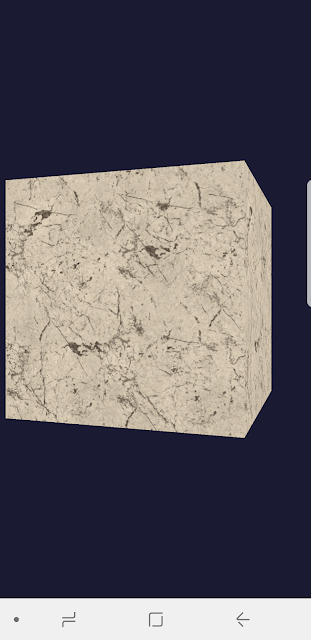Google I/O 2011: WebGL Techniques and Performance
The math library I'm using TLD or 3D library
File at 3Dlibrary.googlecode.com
WebGL math benchmarks
WebGL based on OpenGL ES 2.0 with zero extention
world *viewProj mtx
reduce draw call --- use one large buffer
limits
64,000 polygons per draw call
index primitive 16bit
particle library on WebGL wiki
(This one which is more stand alone
https://cvs.khronos.org/svn/repos/registry/trunk/public/webgl/sdk/demos/google/particles/index.html
And this one which is integrated with the TDL library
http://code.google.com/p/webglsamples/source/browse/tdl/particles.js)
(Library presented in the video is named ThreeD Library. You can find it on googlecode.
You can use ThreeJS which is much, much easier, and then there is SparksJS for particles in ThreeJS. Thanks, )
limits
3D textures not be support. spread it out
into a 2D texture
Post Processing
WebGL2D.js
never call gl.get anything while render
// don't touch render buffer while rendering
gl.framebufferRenderbuffer()//bad
gl.framebufferTexture2D(); //bad
if ( gl.checkFramebufferStatus() ) // bad
attach texture to frame buffer is a slow process
requestAnumationFrame( render, canvas )
send people to get.webgl.org for troubleshooting
WebGL inspector let you inspect WebGL programs like PIX or gDebugger
WebGL和HTML5在未來需要面對的挑戰
http://it.kui.name/HTML5/WebGL%E5%92%8CHTML5%E5%9C%A8%E6%9C%AA%E4%BE%86%E9%9C%80%E8%A6%81%E9%9D%A2%E5%B0%8D%E7%9A%84%E6%8C%91%E6%88%B0_n154986.htm



Comments
Post a Comment